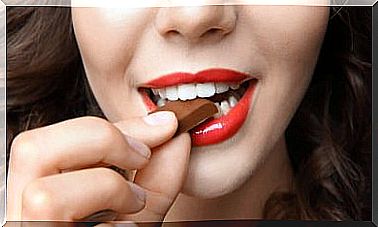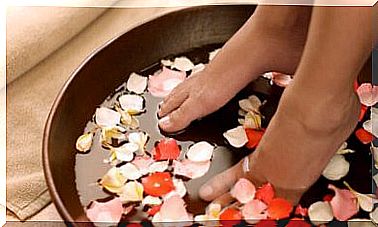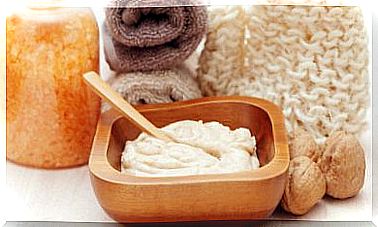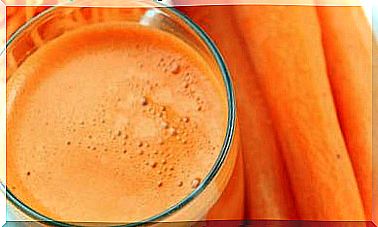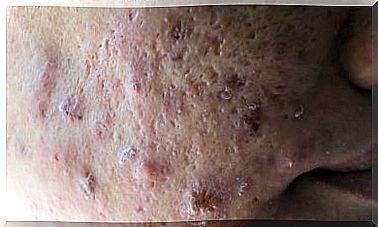The 5 Most Common Causes Of Night Sweats
Night sweats are often a discomfort that occurs as a result of high heat, sleeping in very warm pajamas, or using blankets that are too thick. But sometimes, when they do not arise for any of these reasons, it may be necessary to consider other possible causes.
Sometimes night sweats can be a sign of a bigger health problem. If the situation recurs, it could be caused by the following medical conditions that we will discuss with you in the future.
1. Obstructive sleep apnea
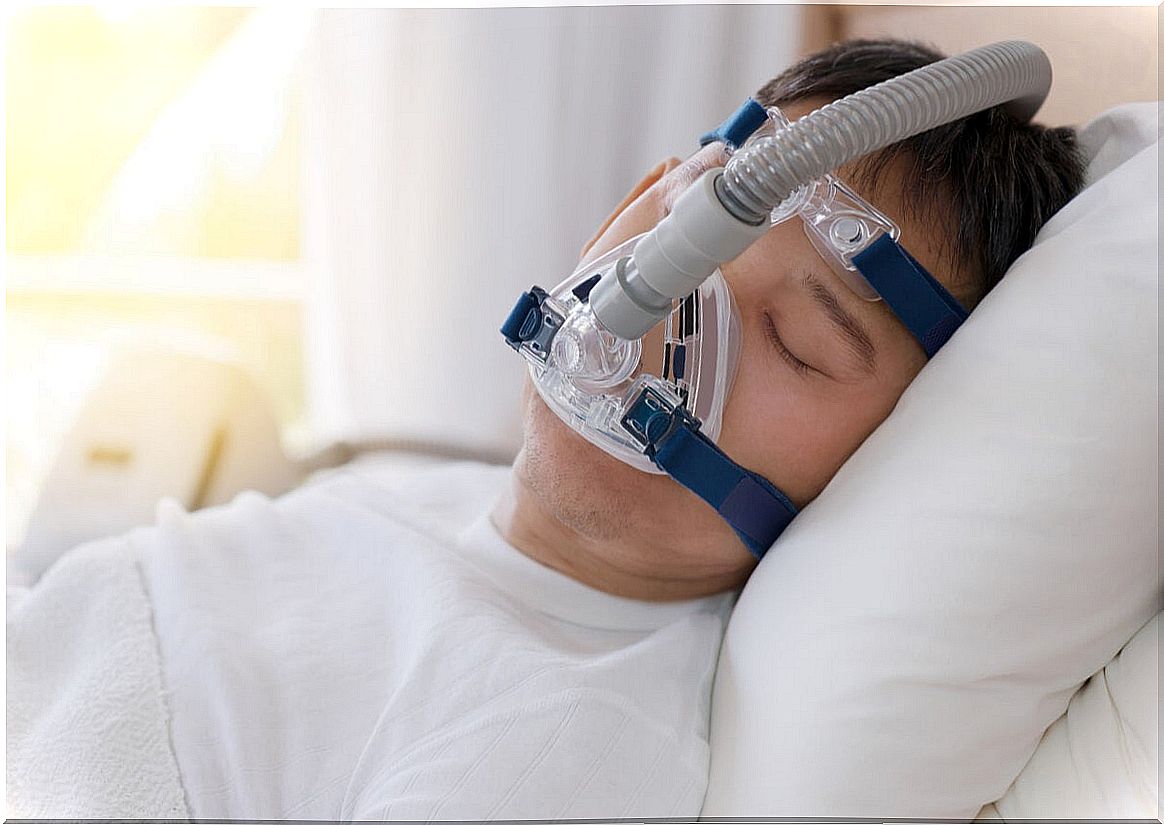
People with obstructive sleep apnea do not sleep well at night because their airways are blocked. This restricts airflow, which has a side effect of excessive night sweats. But that’s not all, in addition to the sweats can appear :
- Bad mood
- Tiredness
- Snoring
- Headache
If you notice the presence of more than one of these symptoms along with sweating, it is better to consult your doctor. If you are diagnosed with obstructive apnea, you must treat it properly before it causes you major problems, such as heart conditions or diabetes.
Once the doctor has carried out a complete check-up, the professional may recommend that you use a machine that allows you to breathe during the night so that you can sleep better and eliminate the derived symptoms.
2. Menopause
Menopause causes hormonal ups and downs that cause lack of control in the body. These constant fluctuations also wreak havoc on body temperature.
Menopausal women often wake up flustered and very uncomfortable due to night sweats. Some wake up several times in the same night and it is also accompanied by other symptoms :
- Dry Skin
- Bad mood
- Irregular menstrual cycles
The average age at which menopause begins is around 51 years. However, you may start to notice night sweats years earlier than expected. Some women start to suffer from night sweats in their 30s.
Menopause is a normal part of a woman’s life and does not require a “cure.” However, if the symptoms become too bothersome, your GP may suggest some treatments that allow you to alleviate certain symptoms and thus help you feel better on a daily basis.
3. Anxiety
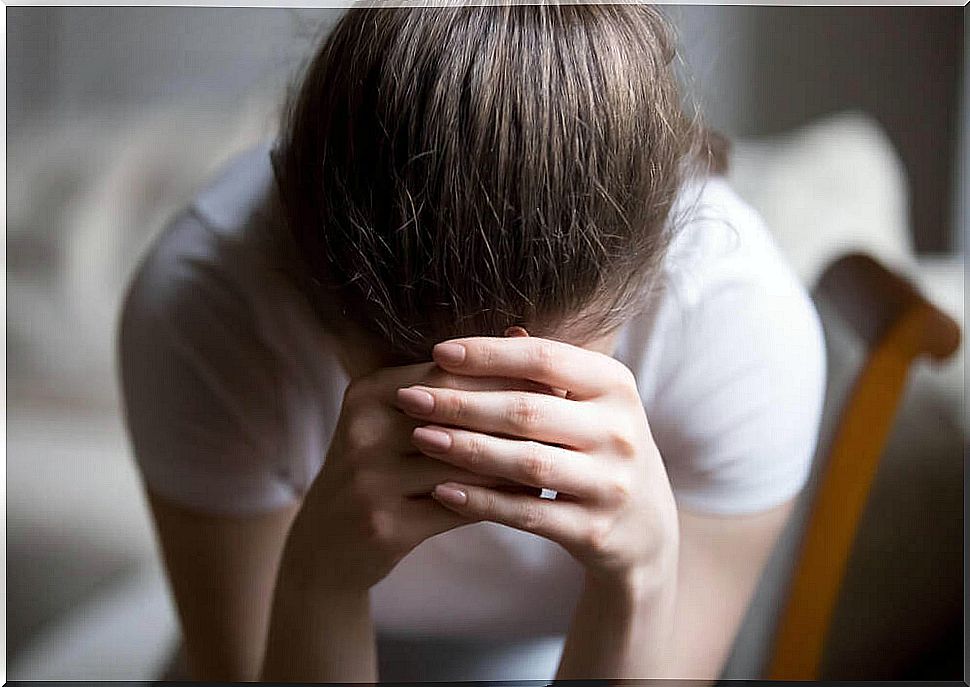
When you suffer from chronic anxiety or stress, this can lead to night sweats. In this case, the solution to the problem may be to learn to better manage those things that disturb your mind.
It is good to see a counselor to help you relieve anxiety symptoms if you do not know what causes it. Many therapists provide cognitive behavioral therapy that teaches how to adjust the way you think. This way you learn to identify and redirect the thoughts that cause you anxiety or stress.
Therapy alone is not enough, therefore, it is important that you do your part. You can try adopting and maintaining the following lifestyle habits:
- Exercise daily
- Cultivate a sense of hope
- Maintain a balanced diet
- Go to talk therapy
- Do creative activities (painting, writing, sculpting, coloring, etc.)
4. Some diseases cause night sweats
You should not automatically assume the worst case scenario if you are frequently experiencing night sweats, but it is important that you visit your doctor. Night sweats can be a side effect of diseases, and some can be serious, such as bacterial or viral infections and even some types of cancer.
Of course, when it comes to major problems, night sweats often come in the company of other symptoms. Only a doctor can rule out any major complications with some tests. Treatment will vary depending on the disease that is detected.
5. Low blood sugar
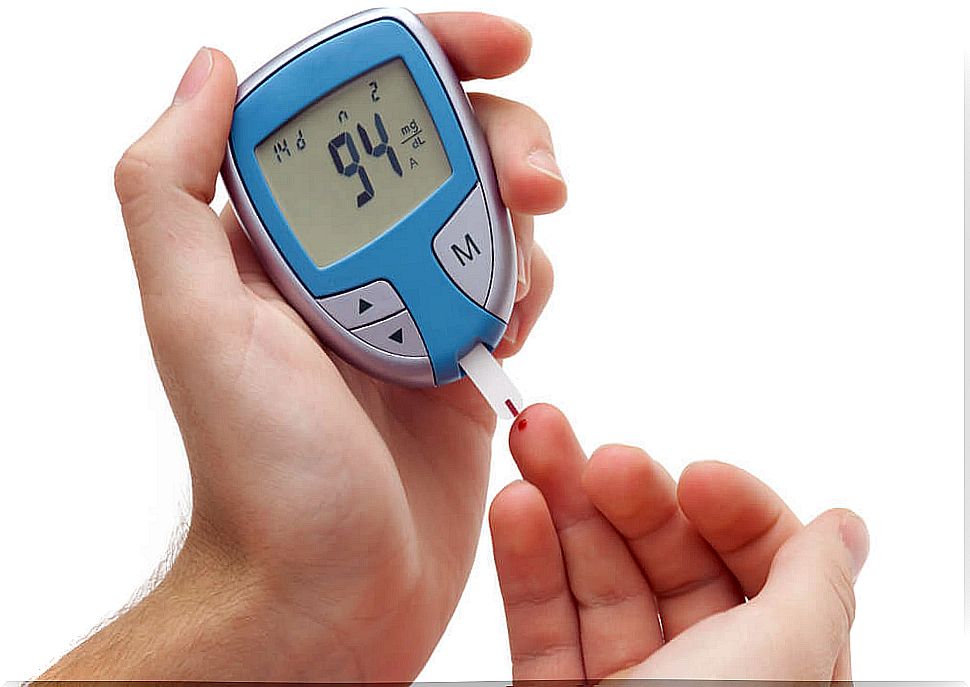
Hypoglycemia, also known as low blood sugar, can cause people with diabetes to wake up at night drenched in sweat. But this is not all, this problem can also cause diabetics to sweat a lot during the day.
Low blood sugar is often a side effect when there are problems with insulin or other diabetes medications. Your doctor can suggest lifestyle changes to avoid the chances of hypoglycemia. This may include eating certain foods regularly and monitoring your blood glucose levels more continuously.
Do you have night sweats? Consult with your doctor
Night sweats that are accompanied by other symptoms can be a sign that something is not right with your health. However, they don’t always have to assume the worst scenario.
Pay particular attention to how often they occur, and if you have concerns, consult your doctor. The professional will evaluate you and tell you what may be happening.
